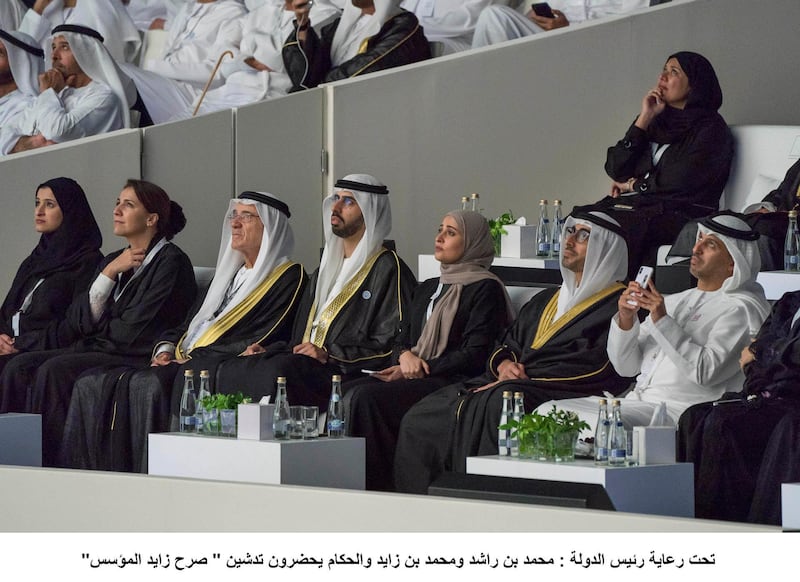In the face of the seismic social and economic changes automation and artificial intelligence (AI) will introduce, trepidation is natural. Nevertheless, as with previous industrial revolutions, it is those who look beyond the challenges to the extraordinary opportunities who will succeed. Already the UAE has shown a willingness to embrace the Fourth Industrial Revolution. As the country propels itself away from oil dependence and towards a modern knowledge economy, AI and automation will leave their mark on its labour market. Since AI does not discriminate based on wealth or location, it will create a global skills gap. Early indications suggest the UAE, with its Centennial 2071 project, will be well-placed to fill it and host many of the 21 million new jobs that AI is expected to create.
There is still work to be done. A new report by the British Council, Future Skills – Supporting the UAE's Future Workplace, details how young Emiratis must meet the challenges of AI and automation. Public sector posts will be particularly vulnerable, meaning that young people will be competing for highly skilled and often niche private sector jobs. UK think tank Reform predicts that in Britain alone, 250,000 government jobs will vanish by 2033. In the UAE, the impact of automation on traditional banking jobs has already been felt. Experts predict that most school students today will go on to perform jobs that don't currently exist. The best preparation is to acquire skills in science, technology, engineering and maths. But while it leads the Middle East, the UAE still lags behind some international rivals in these areas.
Great strides have been made. Last year, the UAE appointed the world's first Minister for AI. As The National reported, the Government has this week appointed a Council for AI, which will seek to incorporate the technology in government, infrastructure and education. It may soon be employed for traffic reduction and disease prevention. With foresight and supervision, AI will create more jobs than it will kill. The UAE is already on the road to economic diversification. With the important measures outlined in this week's British Council report, this country can ensure a smooth transition to the Fourth Industrial Revolution and reap the rewards it will bring.





